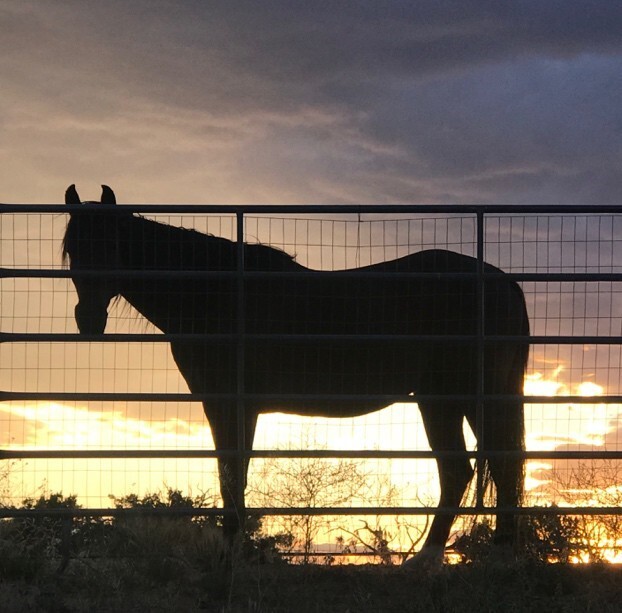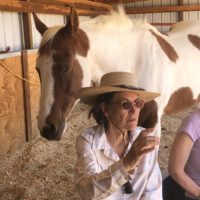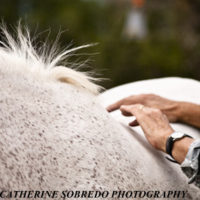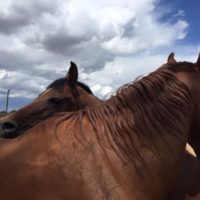Tenets of Equine Health – Parts I, II, and III | March 4th-18th, 2025 | Tuesdays | 4 p.m – 7 p.m. Mountain Time | Zoom Online
$22,500.00
Save $20 by taking all three of these Tenets of Equine Health courses for $250, rather than $270 ($90 each) individually.
Save $20 by taking all three of these courses for $225 ($75 each), rather than $250 ($85 each) individually.
In Tenets of Equine Health I, we will explore what many veterinarians and practitioners consider the “Triangle of Horse Health” from a bodywork point of view. Besides regular veterinary care and exercise, domestic equines require regular support in the following areas:
- nutrition
- hoof care
- dental care
In Tenets of Equine Health II, one of the benefits of Equine Body Balance is how the work builds resiliency, in both equine and human. What does that mean exactly?
It means that we are better prepared to stave off illness, or the effects of injury, because our body recognizes its self healing capability. Building that self-healing “reflex” is what gives us resiliency.
Did you know? Our equines and other animals are susceptible to many of the same maladies as we are. We may see higher incidences of such disease as Cushings in horses, but also, most recent research shows that horses may be suffering from leaky gut syndrome which is an increasing occurrence with humans.
In Part II of Tenets of Equine Health, we will explore some other areas of equine care that are highly important:
-
- Helpful information and holistic management and support for conditions such as Chronic obstructive pulmonary disease (COPD), laminitis, Cushings, colic.
- A look at the similarity of equine conditions to those of humans
- Toxicity from plants, water and chemicals
Tenets for Equine Health III – Building Resilience Until Death Do Us Part
Animals do not like to exhibit pain, as it signals weakness to their predators. In Ortho-Bionomy and Equine Body Balance, we look at the health of the individual, not the illness or dysfunction. People want to tell us about their horse’s ills but basically we are supporting the health so it can grow and foster life.
Besides the work Equine Body Balance does to build resiliency, in both equine and human, it is also useful for assisting with the transitioning from life to death and quality of life. The work is helpful in determining if an animal has the life force to continue living or is ready to pass on. It is also helpful to the owner to assess the animal’s end of life care.
Many times the owner wants to find out if the animal wants to live. The animal may want to see if I can help. With some bodywork, the horse may find that it wants to stick around a little longer, or it may find that it can’t muster the life force to keep it on earth. Sometimes the message from our loved ones is unequivocable: I’m ready to go. Sometimes the animal does not want to leave its owner or its lovely life and is holding on.
In Part III of Tenets of Equine Health, we will explore some other areas of equine care that are highly important:
-
-
- Noticing signs of pain – mouth, eyes, nostrils, face, posture.
- The importance of movement
- Demeanor – personality changes; animals in pain may react suddenly, bite, kick or lunge, or be listless.
-







Reviews
There are no reviews yet.